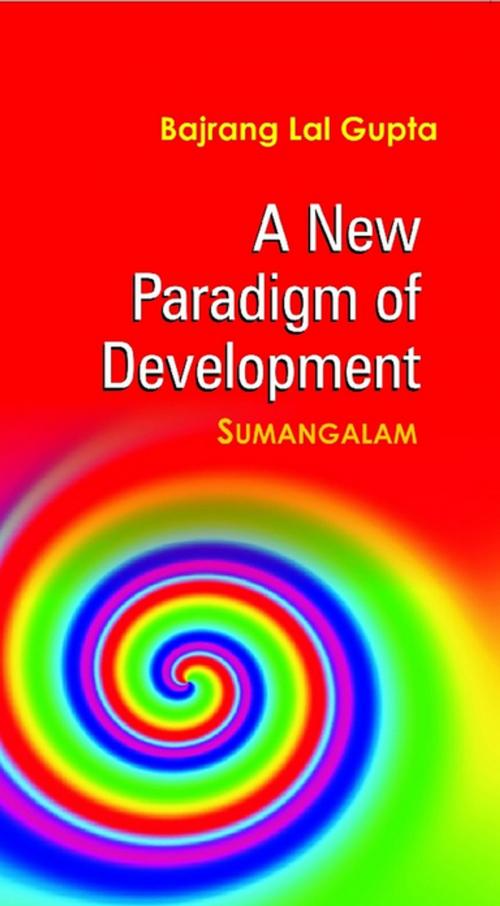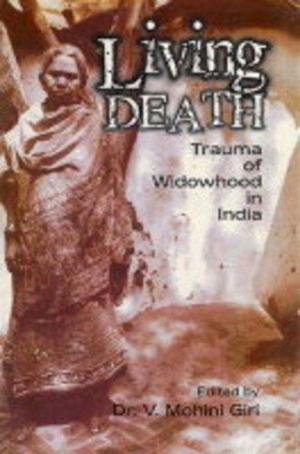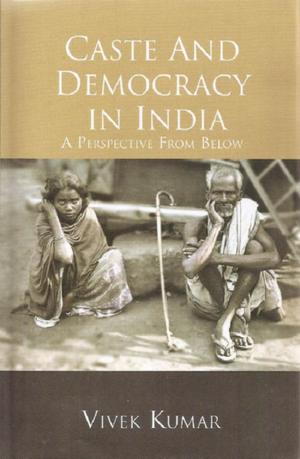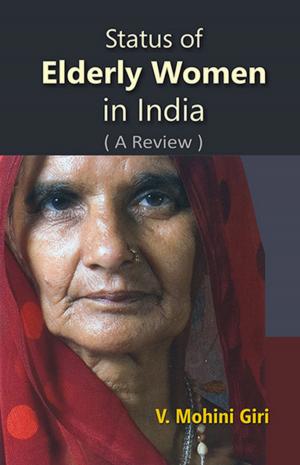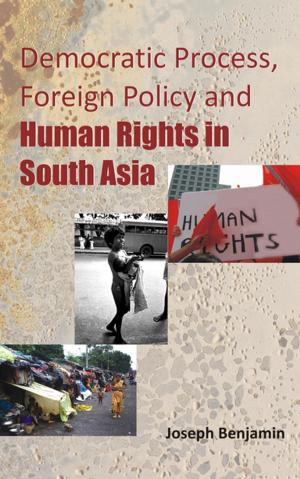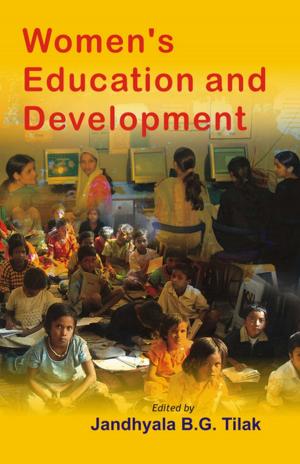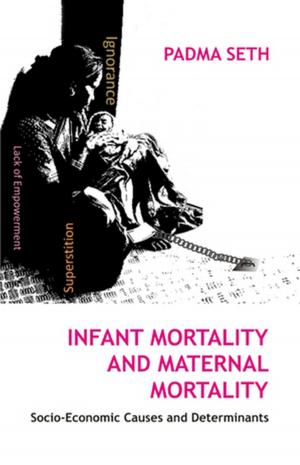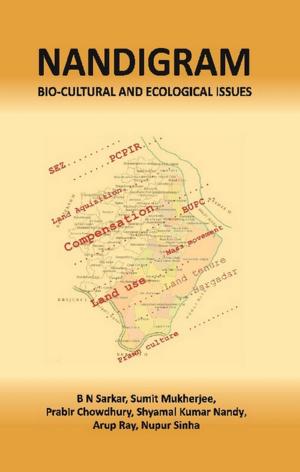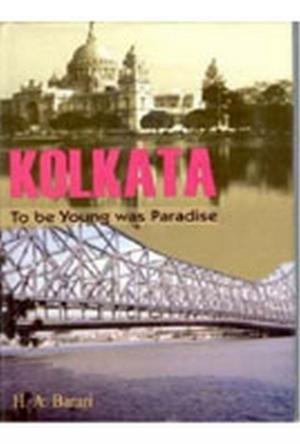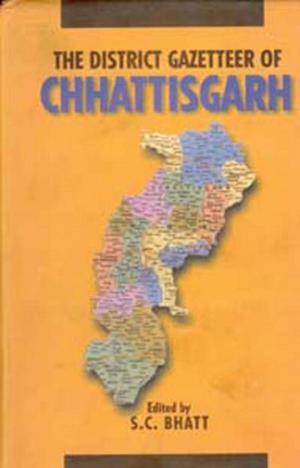| Author: | Bajrang Lal Gupta | ISBN: | 9788121250023 |
| Publisher: | Gyan Publishing House | Publication: | June 30, 2010 |
| Imprint: | Gyan Publishing House | Language: | English |
| Author: | Bajrang Lal Gupta |
| ISBN: | 9788121250023 |
| Publisher: | Gyan Publishing House |
| Publication: | June 30, 2010 |
| Imprint: | Gyan Publishing House |
| Language: | English |
Humanity has paid a high price for the development model it adopted since the Industrial Revolution. Based on Western notions of linear progress, exploitation of resources, consumerism and equating material prosperity with happiness, it has caused global warming, environmental pollution, decimation of bio-diversity, toxicity of food products and decline of soil fertility. Human society has been left vulnerable to this achievement-oriented and consumerist model. It has fuelled dissatisfaction, disturbed the normal biological cycle, impinged upon family bonds and adversely affected the social structure. Humankind must discard this flawed model of development in favour of a wholesome idea. The present book Sumangalam can humbly claim to be a charter of that new paradigm. Its ideas are derived from the perennial wellsprings of Indian thought. The Indian worldview perceives the entire universe as a living whole where spirit, mind and matter are interdependent. It replaces exploitation with harnessing of resources, acquisitiveness with contentment and commodification by humanism. It does not place human being at the centre of the universe but treats as an integral part of the eco-system. Sumangalam charts out a definitive course for economic and productive implementation of that unifying idea. It is based on the concept of optimal development, appropriate technology and sustainable growth leading to enduring happiness. As a whole it is an attempt to restore the dignity of life, employment and environment. All development practitioners, right thinking individuals and those with an alternative vision for humanity will benefit from reading the book.
Humanity has paid a high price for the development model it adopted since the Industrial Revolution. Based on Western notions of linear progress, exploitation of resources, consumerism and equating material prosperity with happiness, it has caused global warming, environmental pollution, decimation of bio-diversity, toxicity of food products and decline of soil fertility. Human society has been left vulnerable to this achievement-oriented and consumerist model. It has fuelled dissatisfaction, disturbed the normal biological cycle, impinged upon family bonds and adversely affected the social structure. Humankind must discard this flawed model of development in favour of a wholesome idea. The present book Sumangalam can humbly claim to be a charter of that new paradigm. Its ideas are derived from the perennial wellsprings of Indian thought. The Indian worldview perceives the entire universe as a living whole where spirit, mind and matter are interdependent. It replaces exploitation with harnessing of resources, acquisitiveness with contentment and commodification by humanism. It does not place human being at the centre of the universe but treats as an integral part of the eco-system. Sumangalam charts out a definitive course for economic and productive implementation of that unifying idea. It is based on the concept of optimal development, appropriate technology and sustainable growth leading to enduring happiness. As a whole it is an attempt to restore the dignity of life, employment and environment. All development practitioners, right thinking individuals and those with an alternative vision for humanity will benefit from reading the book.
